The Unsung Heroes of Waste Management
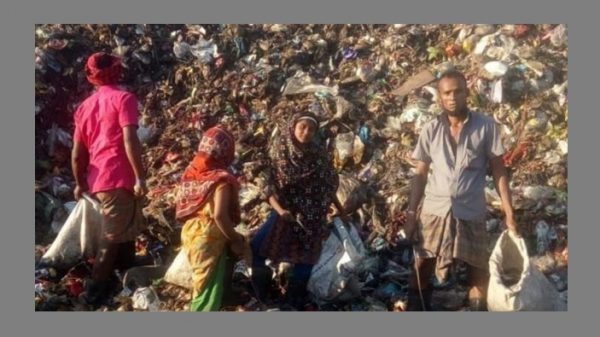
While the world is grappled with the corona virus outbreak, people are trying to stay home as much as they can to ensure their health and safety. Lock down is going on all corners of the country, especially in the towns and cities. People are suffering from daily earnings, particularly the poors and ultra-poors. But right around the corner the informal recycler of solid wastes (commonly known as Tokai) who lives in the lower strata of society whounknowingly play a significant role in waste management, how are they spending their days in these difficult times?
To find out, a group of students from Chittagong University visited the Anandabazar landfill located in the 37 no ward of Chattagram City Corporation. It is the oldest landfill site in Chattogram city and here two to three hundred waste pickers work informally. People of almost all ages from children to adults, including men and women work here to collect waste to make a living. Their daily working time used to be 8-10 hours but due to the lockdown it has been reduced to 3-4 hours. They usually collect all kinds of recyclable materials from these piles of garbage like plastic, rubber, glass, metal etc. and sell those things in the Bhangari shops next to the landfill. On an average, a waste picker collects about two to three bags of waste per day, with each bag weighing approximately fifty to sixty kilograms. They earn 7000-8000 taka per month by selling the collected wastes. Unfortunately, none of this is possible right now. Due to the reduction in working hours, the amount of collection has decreased as well as the usual income has also decreased a lot. Even if they wanted to, they could not work longer hours because the City Corporation authorities have reduced the working hours fearing health risks. A waste picker named Alam (25 years old) said, “I am the only earning member in my family and if I don’t work one day, there will be a shortage of food in the house. The last three months facing very difficult time. I can’t work like before, so I’m having a hard time running the family. I know I’m taking a lot of risks to get out of the house for work but I have no other ways to help my family”.
Moreover, they do not have any safety equipment to go out for this job. Most of them are illiterate, so there is a lack of awareness about the virus. They do not have adequate amount of masks, hand gloves or any such safety equipment other than the gumboots provided by the City Corporation. For this reason, they are facing physical harm while handling various types of sharp and harmful materials. A boy was found with one of his fingers cut off with a sharp object. There is also another man who lost one of his legs after being hit by a tree stump. Now he is no longer able to work. People are now using a lot of safety equipment like masks, gloves, goggles and PPE to protect themselves from the grip of Covid-19. But they are not disposing of those things properly after use. The biggest risk in this case is the waste pickers who are always handling these discarded things. They are most likely to be infected with the virus at any time. This is also a matter of great concern now. In this regard, Professor Dr. Mohammed Kamal Hossain from the Institute of Forestry and Environmental Sciences, University of Chittagong said, “Informal sectors of waste collectors (Tokai) are contributing a lot in the cleanness of the city with a very measurable life. City Corporation must ensure their safety and secure livelihoods for the betterment of themselves and the city dwellers”.
Lockdowns have changed every aspect of human life, but one thing that remains unchanged is that huge amount of waste production. The city still produces an average of 1,900-2,100 tons of waste per day. And those who are indirectly involved in this massive amount of waste management with their contribution to the balance of the environment are the most neglected today. So, this is the right time to focus on improving their health condition and ensuring food security.
The writer Nurjahan Begum is a student of BSc (Hon’s) in Environmental Science at Institute of Forestry and Environmental Sciences, University of Chittagong.


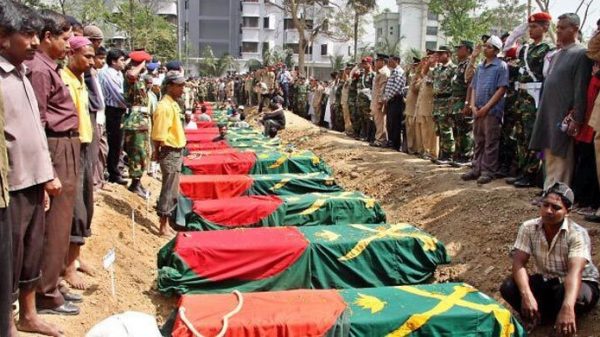


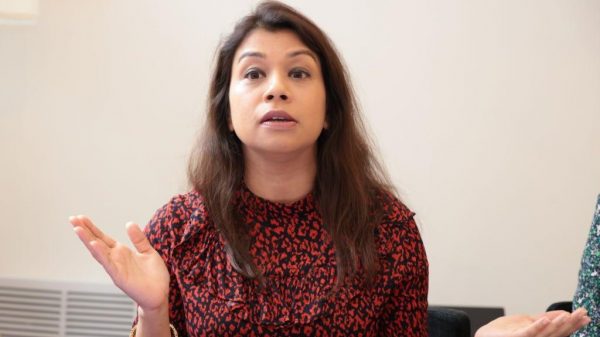
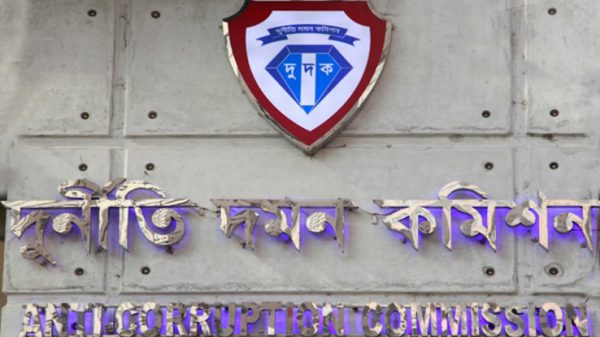
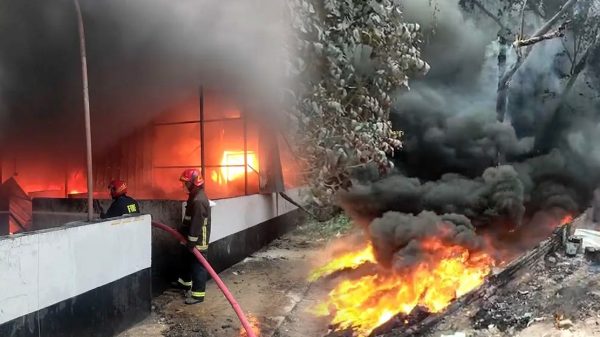




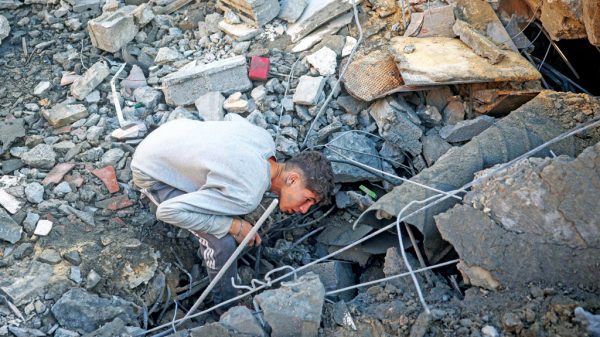












Leave a Reply